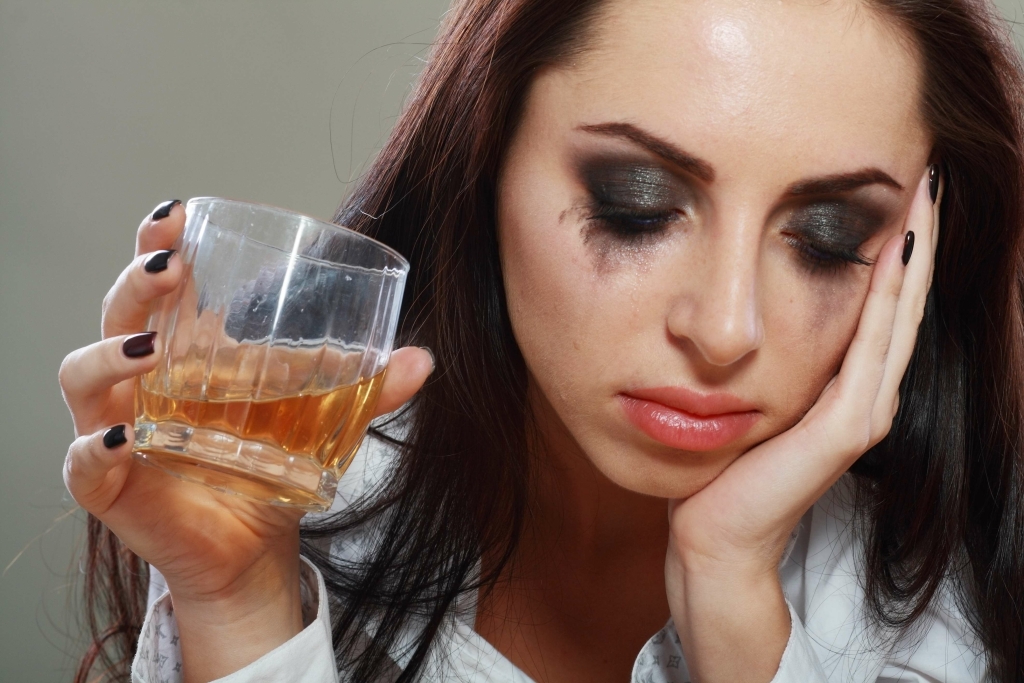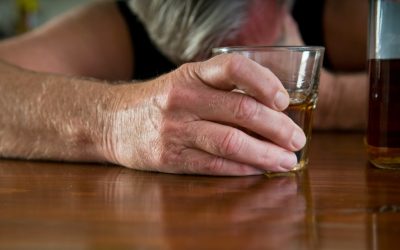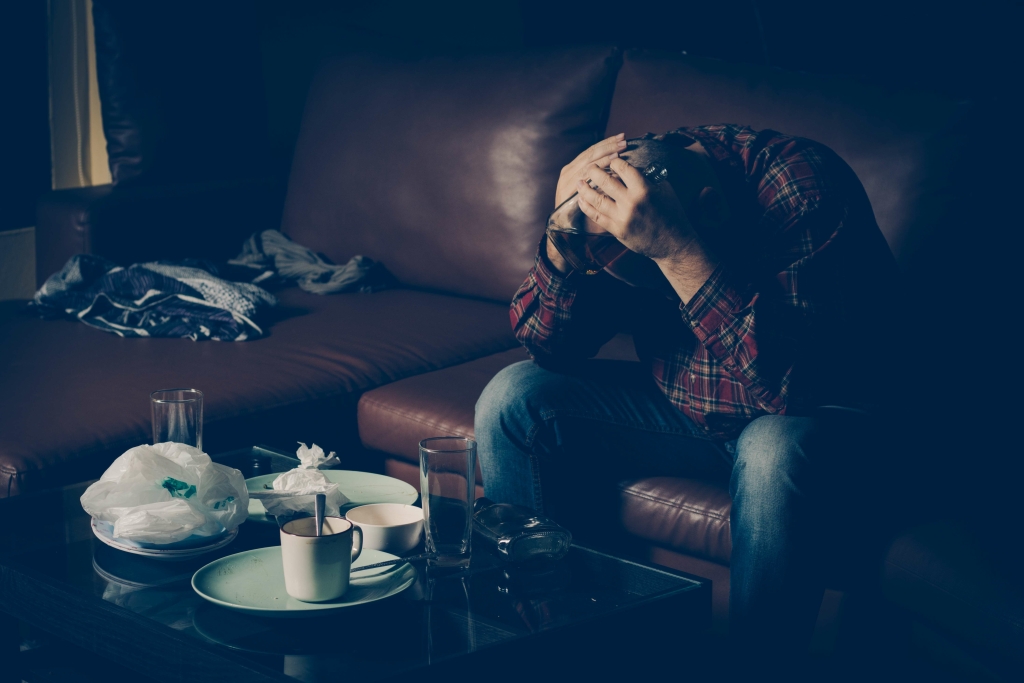People who suffer from addiction issues often struggle with managing their emotions, which is often what attracted them to drugs and alcohol in the first place. There are also different risk factors at different stages of recovery, which might only impact you a few weeks or months after entering recovery. If a loved one is relapsing, then it is i relapsed now what important to remain strong and focused. If they have an aftercare and support plan available, then you should make sure that you have a plan of what to do in case of a relapse.
- Experiencing a relapse during addiction recovery can be disappointing and frustrating, potentially bringing up many negative emotions.
- Keeping a recovery journal can be helpful in tracking these patterns over time.
- This means that you’ll have an easier time recognizing cravings or emotional triggers before they are able to take control.
Inpatient and Outpatient Rehab Programs
The sooner you reach https://sonnihealth.com/am-i-an-alcoholic-quiz-2/ out for help, the faster you can get back on the road to recovery. It is an opportunity to learn, grow, and strengthen your commitment to recovery. Every time you detox from opioids, amphetamines, alcohol, or another drug, you reset your body’s tolerance for that particular substance. This means that your body may not be able to handle the drug or the amount of the drug used, leading to an overdose, which can be fatal in certain circumstances.
How to get back on recovery
This means expressing empathy and understanding rather than judgment or criticism. Now that you’ve got some idea about how to bounce back after a relapse, it’s a good idea to learn how you can prevent this from happening again in the future. These are some of the best tools that you can employ to prevent yourself from having another relapse. If you don’t forgive yourself for your relapse then it’s going to be impossible to move forward. If you don’t forgive yourself then feelings of shame and guilt will have no outlet. If these feelings persist then you may be more likely to relapse in the future.
What medications and devices help treat drug addiction?
This might include talking to a therapist, joining an online support group, or attending 12-step meetings. It’s normal to feel a mix of emotions—shame, guilt, frustration, or even hopelessness—after a relapse. Addiction is a chronic condition, and relapses happen to many people on their path to recovery. Relapse can take different forms, and understanding the stages of relapse can help individuals recognize early warning signs and take preventive action.
Engaging with others who understand the struggles faced during addiction recovery can offer valuable insights into overcoming obstacles. By dedicating time to analyzing the triggers and situations that affect you, you arm yourself with insights that can bolster your journey to recovery. Understanding the reasons behind a relapse is an essential tool for preventing setbacks and cultivating resilience.
- Treatment for relapse can take the form of a multitude of behavioral therapies that will help patients handle the stressful situations and triggers that might lead to relapse.
- If you do ‘slip,’ remember that the idea is to prevent yourself from relapsing by returning to previous harmful patterns of behavior.
- Take some time, and even shop around, to find the right type of program that fits your individual needs and goals.
- It’s important to understand that relapses are common in addiction recovery and do not signify failure.
These groups offer a safe space for sharing experiences, gaining insights, and fostering connections with those who understand what is alcoholism the challenges of substance use disorders. Regular meetings and engagement with peers encourage members to stay committed to their sobriety goals, emphasizing that they are not alone in their journey. The sooner support is sought, the less likely a full relapse will occur. Reaching out to trusted friends, family, or support groups like Alcoholics Anonymous or SMART Recovery can help create a safety net. Encouragement to revisit treatment options can also serve as a lifeline, highlighting the need to view relapse as a learning opportunity rather than a failure. Unlike some other substances, cocaine withdrawal doesn’t typically include life-threatening symptoms like seizures.
Persisting Through Challenges Is the Key to Long-Term Sobriety
If you are currently undergoing an emotional, mental or physical relapse, then the best and first thing that you should do is seek professional help. You should try to speak to your local GP or therapist for help and support. Individuals in recovery work so hard to recover, undergoing a detox and therapy.
- It’s scary when a loved one with a drug or alcohol addiction relapses, but there are strategies to regain control following a setback.
- Our therapists know too well the struggles of relapses and how debilitating it can be.
The odds of relapse following drug rehabilitation are notably high. Research shows that 40% to 60% of individuals recovering from addiction may relapse at some stage, with the risk increasing to as much as 65% to 70% within the first 90 days post-treatment. Alarmingly, over 85% of people with addictive disorders can expect to relapse within their first year after rehab, and only about one in five will manage to sustain their sobriety for that duration. This requires a stay in a rehabilitation facility, where healthcare professionals monitor mental and physical health, provide medications, and support behavioral therapy. The detox duration ranges from one to two weeks, depending on usage severity, with ongoing lifestyle changes essential for sustained recovery.
Don’t wait— reach out today to take the first step toward taking control of your life. Even when you commit to getting sober, relapse is a very real possibility. According to an Alcoholics Anonymous (AA) survey, 75% of people relapse during their first year of recovery. Half of cocaine addicts will relapse within a year of completing detox.




